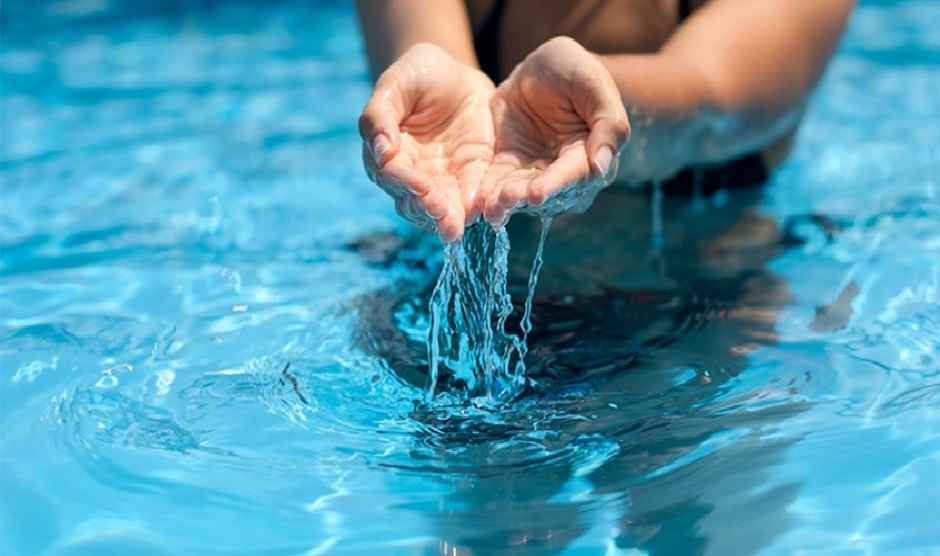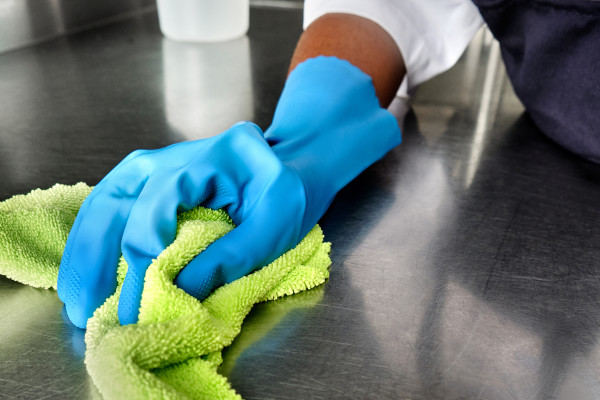
Maintaining superior hygiene standards is essential for ensuring a safe and healthy environment, whether in residential spaces, commercial establishments, or specialized areas like swimming pools. Effective cleaning protocols are crucial for achieving this goal, and implementing them systematically can greatly enhance cleanliness and prevent the spread of diseases. This guide explores key cleaning practices, with a focus on pool cleaning and office cleaning, to help organizations and individuals maintain high hygiene standards.
Pool Cleaning: Ensuring Crystal-Clear Water and Safety
Pool cleaning is more than just removing visible debris; it involves a comprehensive approach to maintain water quality and ensure user safety. Proper pool cleaning protocols are essential for preventing the growth of harmful microorganisms and ensuring a pleasant swimming experience.
Regular Filtration and Chemical Balance
The filtration system is the heart of pool maintenance. It is crucial to clean and check the filters regularly to ensure they function efficiently. A well-maintained filtration system helps in removing dirt, leaves, and other particles, contributing to the clarity of the pool water.
Chemical balance is another critical aspect of pool cleaning. The pH level, chlorine concentration, and alkalinity should be monitored and adjusted regularly. Maintaining the right chemical balance prevents the growth of algae and bacteria, ensuring that the pool water remains sanitary and safe for swimmers.
Skimming and Scrubbing
Daily skimming of the pool surface to remove leaves, insects, and other debris helps in keeping the water clean. Additionally, regular scrubbing of the pool walls and floor helps in preventing the buildup of algae and grime. Using appropriate brushes and cleaning tools ensures thorough removal of contaminants, which contributes to the overall hygiene of the pool area.
Professional Maintenance Services
While routine cleaning tasks can be managed by pool owners, engaging professional pool cleaning services periodically is advisable. Professionals possess the expertise and specialized equipment needed for in-depth cleaning and maintenance, which can enhance the longevity and performance of the pool.
Office Cleaning: Creating a Productive and Healthy Work Environment
Office cleaning plays a vital role in creating a productive and healthy work environment. An organized and clean office not only boosts employee morale but also helps in preventing the spread of illnesses and maintaining a professional image.

Daily Cleaning Routines
Daily cleaning routines should include tasks such as emptying trash bins, sanitizing high-touch surfaces (like doorknobs and light switches), and cleaning common areas such as kitchens and restrooms. Ensuring that these tasks are performed consistently helps in maintaining a baseline level of cleanliness and hygiene throughout the office.
Deep Cleaning Procedures
Periodic deep cleaning is essential for addressing areas that may not be covered by daily routines. This includes tasks such as carpet cleaning, upholstery cleaning, and thorough dusting of vents and blinds. Deep cleaning removes accumulated dust, allergens, and grime, contributing to a healthier work environment.
Disinfection Protocols
In light of recent health concerns, implementing robust disinfection protocols has become crucial. Using EPA-approved disinfectants to clean surfaces and touchpoints can help in reducing the risk of disease transmission. High-traffic areas, such as meeting rooms and break areas, should be disinfected more frequently to ensure a safe and hygienic workplace.
Professional Cleaning Services
For many businesses, outsourcing office cleaning to professional services offers several advantages. Professional cleaners are equipped with specialized tools and cleaning agents, and they follow industry best practices to ensure thorough and effective cleaning. Outsourcing also allows businesses to focus on their core activities while ensuring that the office environment remains clean and sanitary.
Conclusion
Maintaining superior hygiene standards requires a systematic approach to cleaning, tailored to the specific needs of different environments. In the context of pool cleaning, regular filtration, chemical balance, skimming, and professional maintenance are key to ensuring clean and safe swimming conditions. For office cleaning, consistent daily routines, deep cleaning procedures, disinfection protocols, and professional services contribute to a productive and healthy work environment.
By adhering to these effective cleaning protocols, individuals and organizations can uphold high hygiene standards, reduce health risks, and create environments that are both welcoming and safe.

